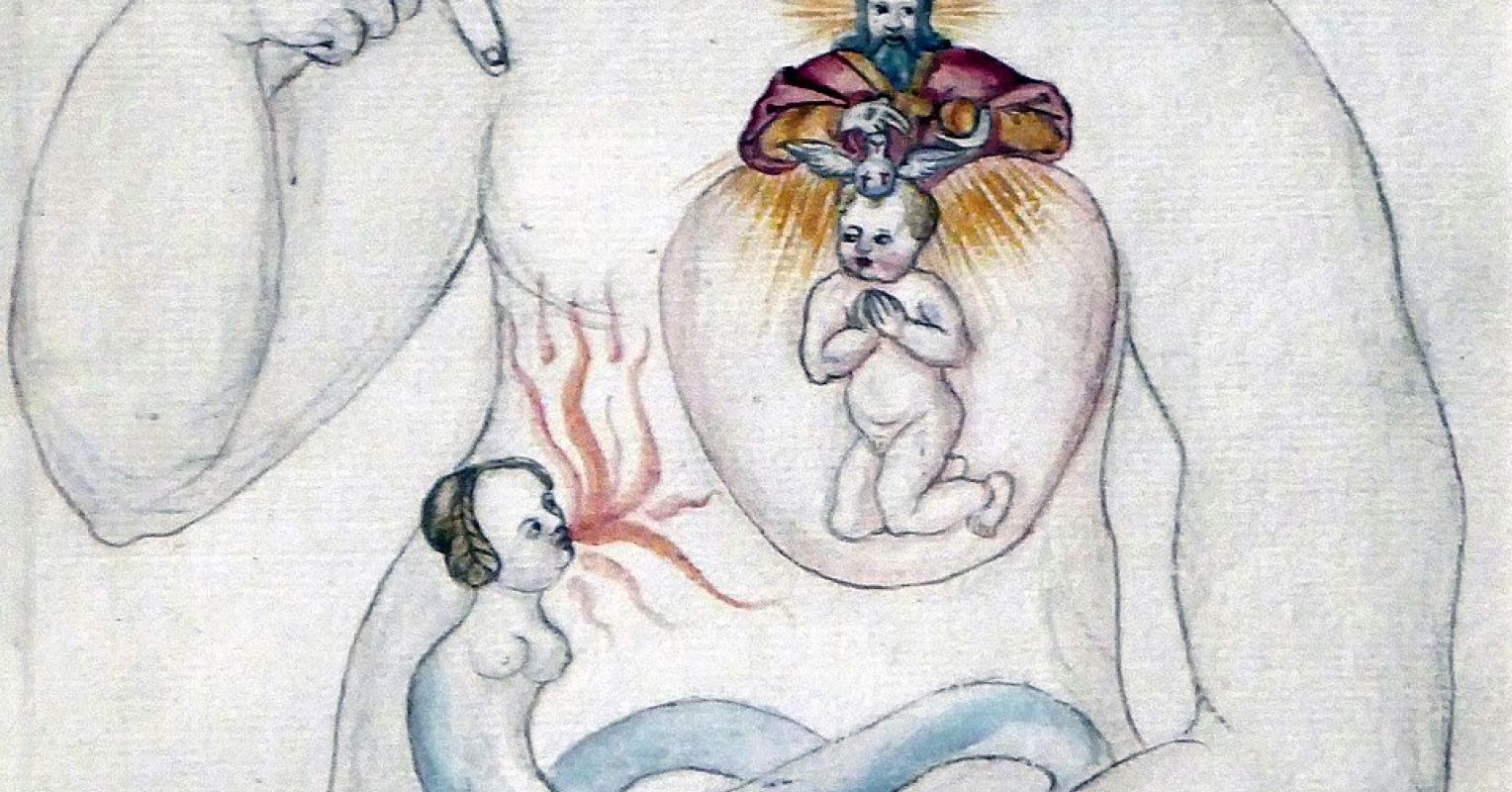
"For most of Western history, the soul was the master key to human nature, the invisible essence that thinkers from Plato to Descartes believed set us apart from animals, grounded morality, and housed the mind itself. Psychology, in its earliest form, was literally the "study of the soul." Mental illness was treated as a disturbance of this fragile inner essence. Even as modern science began to peel the mind away from metaphysics, the soul proved stubborn, clinging to public imagination"
"One particularly memorable attempt to prove it came in 1907, when a Massachusetts physician, Duncan MacDougall, built an oversized industrial scale and placed dying patients atop it to see whether a soul might leave a trace on the balance sheet of physics. When the scale dipped a mere 21 grams for one patient, MacDougall declared victory. The fact that other patients showed no such drop, or that the equipment may simply have shifted, did little to dampen the myth."
"Author David Barash shows the soul has no scientific basis, dismantling every traditional definition. He exposes the harms of soul-belief, from restricting women's rights to excusing cruelty toward animals. A soul-free worldview, he argues, is liberating, freeing us from fear and deepening our appreciation of life. With graceful prose, he offers a compelling case for a mindful, material understanding of humanity."
For most of Western history, the soul functioned as the master key to human nature, an invisible essence posited to set humans apart, ground morality, and house the mind. Early psychology was literally the "study of the soul," and mental illness was often treated as disturbance of that inner essence. Historic attempts to measure the soul, such as the 1907 "21-gram" experiments, relied on flimsy data. Modern neuroscience and psychology explain mind and behavior through neurons, cognition, and evolution, undermining the soul concept. Soul belief produces harms, including restricting women's rights and excusing cruelty to animals. A materialist, mindful worldview can reduce fear and deepen appreciation of life.
Read at Psychology Today
Unable to calculate read time
Collection
[
|
...
]